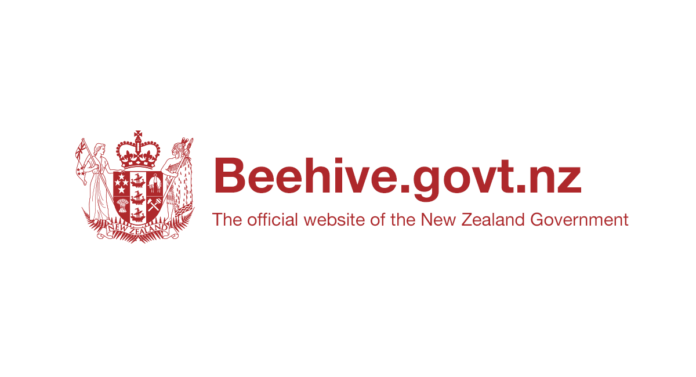Source: New Zealand Government
New research into the probability of an Alpine Fault rupture reinforces the importance of taking action to plan and prepare for earthquakes, Acting Minister for Emergency Management Kris Faafoi says.
Research published by Dr Jamie Howarth of Te Herenga Waka – Victoria University of Wellington today, shows there is a 75 per cent probability of the Alpine Fault rupturing over the next 50 years, up from around 30 per cent. The research also calculates there is about an 82 percent chance that such an earthquake would be magnitude 8 or higher.
“While we can never predict when an earthquake will happen, we have known for some time that the Alpine Fault is capable of generating a severe earthquake and our emergency response and management system has been developed on this basis,” Kris Faafoi said.
“The new science doesn’t change the likely impacts for communities in the region. It does, however, confirm our approach to, and investment in, hazard-specific planning and earthquake awareness education has been the right one.
“This latest study follows decades of research into the hazard presented by the Alpine Fault. As a result of this our key agencies (the National Emergency Management Agency, the Earthquake Commission and Civil Defence Emergency Management Groups) have a robust understanding of that risk, with that research being the basis of coordinated preparedness action since 2016,” Kris Faafoi said.
This includes:
- Project AF8 – a multi-regional collaboration between the six South Island and the Wellington Civil Defence Emergency Management Groups and their partner organisations, supported by NEMA funding – has produced detailed planning for coordination of the first seven days of response following a severe Alpine Fault.
- Increased capability and capacity of NEMA’s National Planning Team to develop a National Response Framework to support regional planning in the case of an AF8 event.
- The establishment of the Emergency Management Assistance Team (EMAT) – a squad of specially trained emergency managers who can go wherever needed at very short notice to assist and support local teams to manage emergencies across all hazards and risks.
- Engagement with communities, lifeline agencies, emergency services, businesses and a host of other organisations to plan and prepare in for a severe earthquake on the Alpine Fault,
- AF8 is currently running roadshows to provide South Island communities in areas most likely to be affected by a major earthquake with direct access to scientists and hazard impact information.
“As I’ve said while we can’t predict when an earthquake will happen, but we can all take steps to keep safe,” Kris Faafoi said.
Visit getready.govt.nz to make a plan and get simple tips on how to get ready for an emergency.



